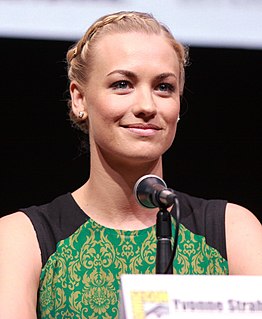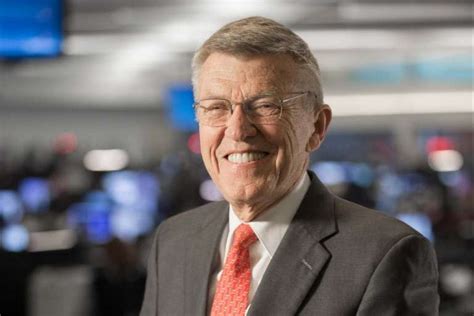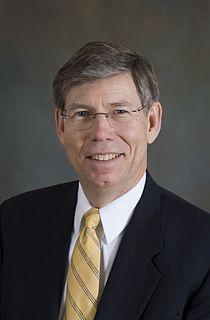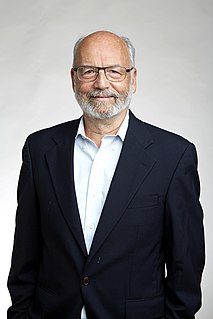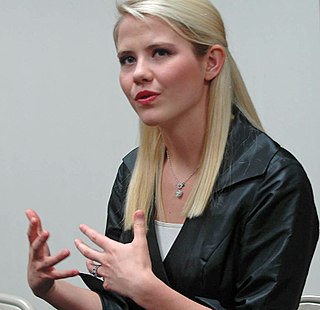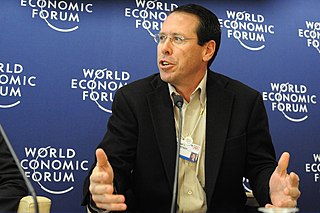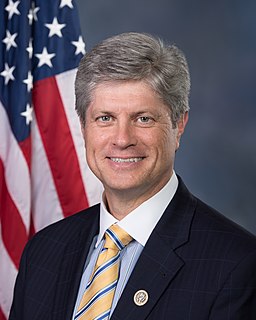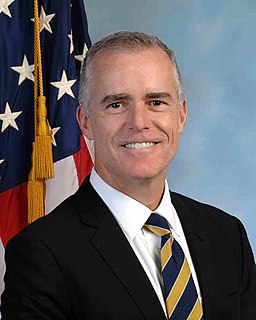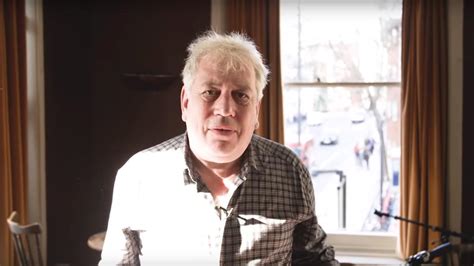Top 1200 Privacy And Security Quotes & Sayings - Page 2
Explore popular Privacy And Security quotes.
Last updated on April 17, 2025.
Human beings have a drive for security and safety, which is often what fuels the spiritual search. This very drive for security and safety is what causes so much misery and confusion. Freedom is a state of complete and absolute insecurity and not knowing. So, in seeking security and safety, you actually distance yourself from the freedom you want. There is no security in freedom, at least not in the sense that we normally think of security. This is, of course, why it is so free: there's nothing there to grab hold of.
You can't have the space for prosperity and success when you are obsessed with security. It is not possible to obtain unwavering security - physical, emotional, or economic - by having money. Keep in mind that security, like success, can be defined in many ways. If you focus less on how much your financial assets are worth, and more on what a creative and well-balanced individual you can be, security will take on a new meaning.
Defending against military-strength malware is a real challenge for the computer security industry. Furthermore, the security industry is not global. It is highly focused in just a handful of countries. The rest of the countries rely on foreign security labs to provide their everyday digital security for them.
HBOS had robbed me of my marriage, my family, my businesses, my longstanding friend and business partner, my income, my investments, my self-respect, my reputation, my privacy, my physical and mental health. It cost me my security, my image rights, my collection of classic cars - and very nearly my life.
National security is a really big problem for journalists, because no journalist worth his salt wants to endanger the national security, but the law talks about anyone who endangers the security of the United States is going to go to jail. So, here you are, especially in the Pentagon. Some guy tells you something. He says that's a national security matter. Well, you're supposed to tremble and get scared and it never, almost never means the security of the national government. More likely to mean the security or the personal happiness of the guy who is telling you something.








